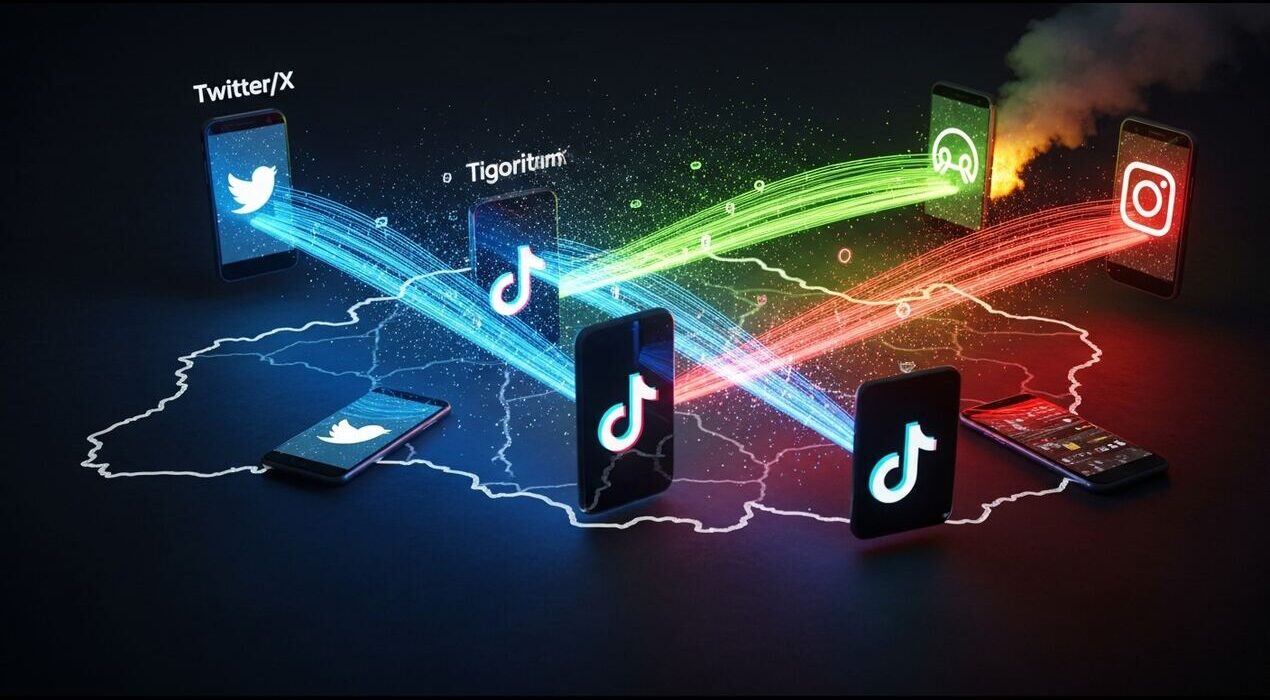The Evolving Role of Social media has become a powerful voice in the Israel-Gaza war. Platforms like X, TikTok, and Instagram spread news faster than traditional outlets. However, this speed also raises questions about accuracy and bias.
Users now shape the story in real time. Videos, posts, and live updates often trend globally within minutes. As a result, people are exposed to raw and emotional content without filters
Different groups use social platforms to push their own perspectives. For example, activists highlight humanitarian issues, while others amplify political or military viewpoints. Therefore, one event can appear very different depending on the source.
Algorithms also play a key role. They decide which stories get visibility and which voices remain unheard. In addition, misinformation spreads quickly, making it difficult for audiences to separate facts from opinions.
Impact on Global Opinion
Social media has created an information battlefield. Supporters and critics of each side argue online, often with strong emotions. As a result, digital conversations influence international debates and public protests.
For young people, especially Gen Z, TikTok and Instagram Reels shape their understanding of the war. Short videos grab attention but often lack context. However, these platforms also provide space for marginalized voices, offering perspectives rarely seen on mainstream news.
A Shifting Landscape
The narrative of the Israel-Gaza war continues to evolve online. Each trending hashtag, viral post, or influencer comment changes how the world sees the conflict. In addition, the growing demand for unfiltered content challenges governments, media, and institutions to respond more transparently.
In the end, social media has become both a tool of awareness and a weapon of influence. Its role in shaping global opinion is impossible to ignore.




